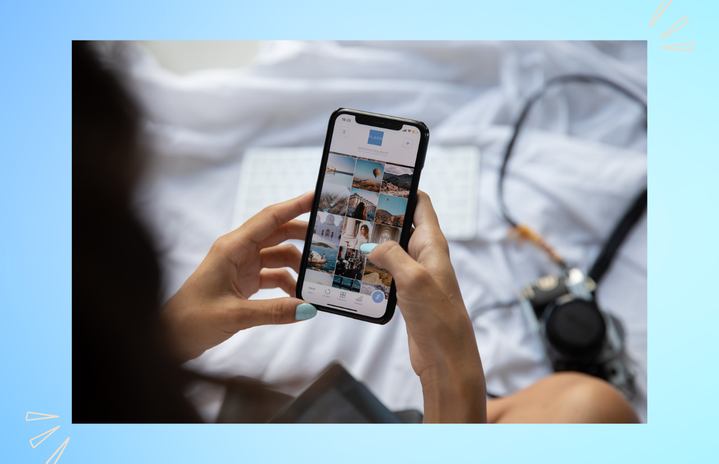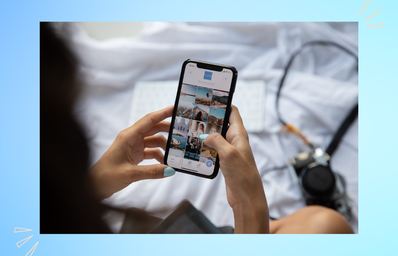Social media has been around for over a decade now, and the development of technology has allowed for a continual evolution of the internet and social media platforms. Newer platforms, such as TikTok, have developed algorithms that make managing explicit content posted on these sites more difficult than before. Additionally, networks such as Instagram, TikTok, and Youtube have even allowed content creators to turn social media content creation into a full-time job, including content full of marketing and advertising, as well as entertainment. However, every good thing seems to come with negative consequences. In more recent years, as these platforms continue to evolve and the population on these apps continues to skyrocket, more harmful content has continued to spread.
Social media has even developed a new range of emotions for users, especially when dealing with negative emotions. One of these newer concepts is FOMO or Fear of missing out. FOMO was introduced in 2004 to describe an overwhelming and complex set of emotions that many report after engaging on social media. A research study performed by Professor Aditya Sharma of the University of Pittsburgh as well as child psychologist, Dr. Mayank Gupta, shows that FOMO is a “perception of missing out, followed up with a compulsive behavior to maintain these social connections.” This perception of missing out is not always accurate, but this idea is especially harmful to high school and college students who feel like their friend group is leaving them out. This feeling of FOMO can then spiral into worsened pervasive anxiety.
Aside from FOMO, there are many other issues that arise from overusing social media. Social sites like TikTok can be highly addictive due to its algorithm. Sometimes using the app can lead to feelings of shame and sadness, due to a lack of productivity and constant self-comparison. Constant self-comparison can be especially detrimental to impressionable teens, which is why we need to stress the negative consequences of social media to children and teens. Parental intervention or supervision can also be helpful for younger children, as long as it is done in a healthy and respectful manner. Using gentle parenting skills can be very helpful for parents trying to navigate this realm of discipline for their children.
Another huge issue that has continued to permeate more recently is media overload. Media overload occurs when viewers are taking in more information than they can properly digest and handle. Whether news media is digested through traditional news sites such as local news stations or places like The Washington Post, or social media sites such as Tiktok or Twitter, there has been a significant increase in news-related stress. While having information so readily accessible through the internet and our smartphones, psychologists in recent studies have discovered that reading this emotionally taxing information multiple times a day every day can lead to additional difficulty with anxiety and depression. Some users on TikTok have pointed out that they are very overwhelmed by the information they see from the TikTok algorithm. A viewer could be watching a funny skit one second, and scroll on to the next video to see the consequences of climate change and dying polar bears. This drastic switch of emotions can cause significant stress to our emotional regulation system and can cause “doom-scrolling”, which is “a habit of scrolling through social media and news feeds where users obsessively seek for depressing and negative information.”
While there are a lot of positives to using social media to stay connected to those around you, it is also highly beneficial to consider the negative effects. Staying connected to loved ones in person and unplugging from devices to live in the present are both great ways to combat these negative effects of social media! Although it is very difficult, limiting screen time is also a great way to stay focused and productive throughout the day. Finding what works best for you in terms of managing your time and social media usage is key to combatting the mental and physical health effects of being wired to your phone and other devices at all times.


